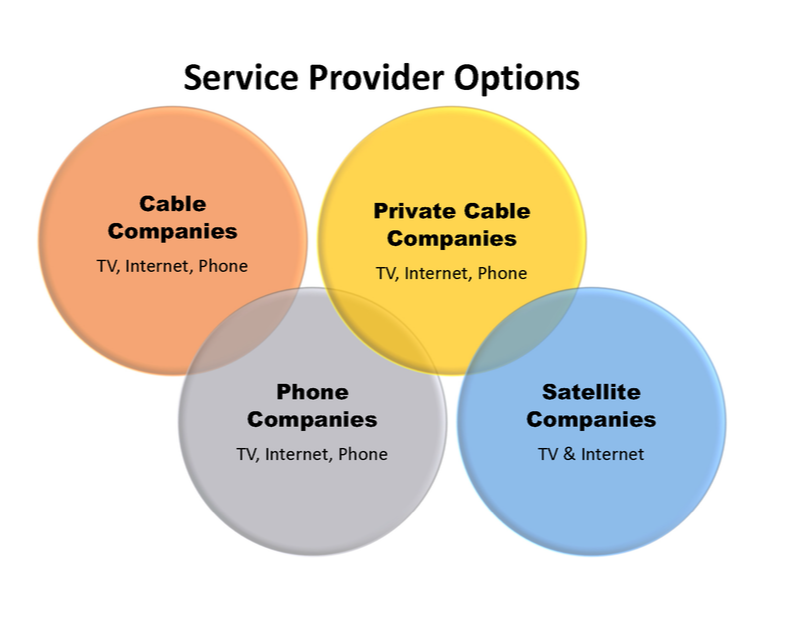Protecting Multi-Dwelling Unit Web Traffic Via Robust Cryptographic Protocols to Protect User Confidentiality and Data Accuracy
Protecting Multi-Dwelling Unit Web Traffic Via Robust Cryptographic Protocols to Protect User Confidentiality and Data Accuracy
Blog Article
Within today’s digital landscape, protecting web data is more crucial than ever, particularly in Multi-Unit Units (MDUs) like flat buildings and condominiums settings. These environments frequently have many tenants sharing the identical internet service, which can lead to possible security threats. To ensure that residents' confidentiality and data security are maintained, it is vital to adopt robust coding protocols. Encryption is a method that encodes data, rendering it unreadable to anyone who do not have the appropriate key to decrypt it. This process helps maintain individual information secure from hackers and unapproved users.
A of the most widely used coding standards is Secure Sockets Layer (SSL) and its successor, TLS Layer (TLS). Such protocols establish a protected connection between a resident's system and the internet, guaranteeing that all data exchanged stays confidential. When tenants in an MDU use websites that utilize SSL/TLS, their personal data, such as login credentials and credit card numbers, is secured. This implies that although if someone tries to intercept the information, they would merely see a mess of letters and numbers, rendering it almost impossible to comprehend. By promoting the use of these standards, MDUs can greatly enhance the safety of their residents' online actions.
A further crucial encryption method is Virtual Private Network (VPN) technology. A VPN creates a secure pathway for web data, which safeguards users from prying observers, especially when using public wireless connections. In an MDU, in which numerous tenants may connect to the same network, employing a VPN can assist ensure that personal internet activities stay confidential. This is particularly crucial for activities such as internet transactions or accessing sensitive information. By encouraging the adoption of VPNs among tenants, MDUs can cultivate a more secure online environment and assist safeguard against information leaks.
Alongside such coding techniques, it is essential for MDUs to educate their residents about the importance of online security. Numerous people may not be aware of the threats linked with using shared web services. Providing information on how to identify scam attempts, the importance of robust credentials, and the benefits of using encrypted sites can enable residents to assume charge of their online site link safety. Seminars or educational sessions can be effective ways to increase awareness and encourage optimal habits for online safety.
Finally, MDUs should think about collaborating with internet provider companies (ISPs) that prioritize safety and provide advanced coding features. By collaborating with ISPs that implement robust coding protocols, MDUs can guarantee that their tenants have access to protected web connections. This partnership can lead to enhanced general security for the whole building, as well as increased confidence among residents. By taking these measures, MDUs can create a more secure online environment, safeguarding user privacy and data security in an increasingly connected environment.